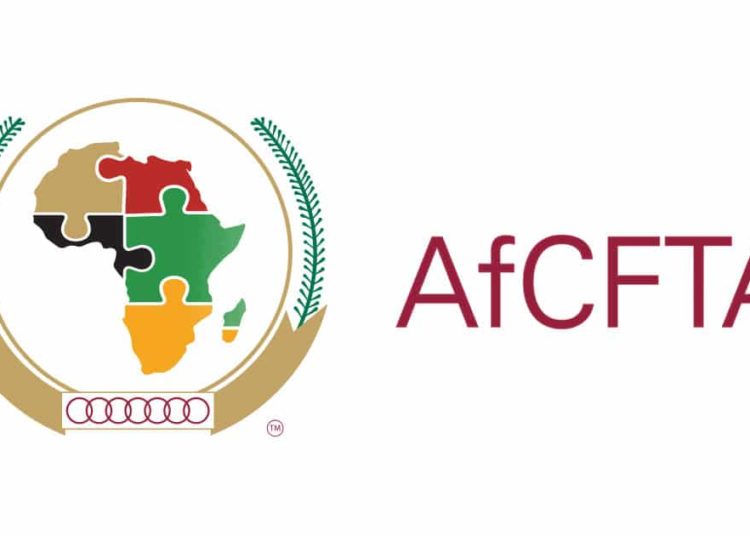The Nigerian government is actively pursuing an elevation in the quality of traded products within Africa and globally, stating that it has become necessary to move beyond raw material exports in order to achieve the collective goal of the African Continental Free Trade Agreement (AfCFTA).
At the 69th African Organisation for Standardisation (ARSO) Council meeting in Abuja, hosted by the Standards Organization of Nigeria (SON) , minister of industry, trade, and investment, Dr. Doris Anite, represented by the director, Weights and Measures in the ministry, Mrs. Comfort Lenkat Emenb, highlighted the un-industrialised state of the African economy, exporting raw materials and importing value-added goods.
She emphasised, “The African economy remains un-industrialised, as Africa exports raw materials to import value-added goods. Two figures bear eloquent witness to this state of affairs: Africa’s share of world trade is 4 per cent, while trade between African countries represents 17 per cent of their global trade.”
She therefore called for collaborative efforts among Regional Economic Communities, African Union institutions, the private sector, and standardisation stakeholders to effectively implement the African Continental Free Trade Area (AfCFTA).
The minister stressed the importance of establishing a quality infrastructure supporting quality assurance based on internationally recognised standardisation, metrology, technical regulation, conformity assessment, and accreditation practices.
Director-general of the Standards Organisation of Nigeria (SON), Dr. Ifeanyi Okeke, on his part, stressed the significance of the ARSO Council in approving harmonised African standards, facilitating trade within AfCFTA, and contributing to a global context.
Dr. Okeke explained that this approval process ensures the deployment of the highest standards of quality, safety, and innovation, not only facilitating trade within the African Continental Free Trade Area (AfCFTA) but also contributing to a global context.





